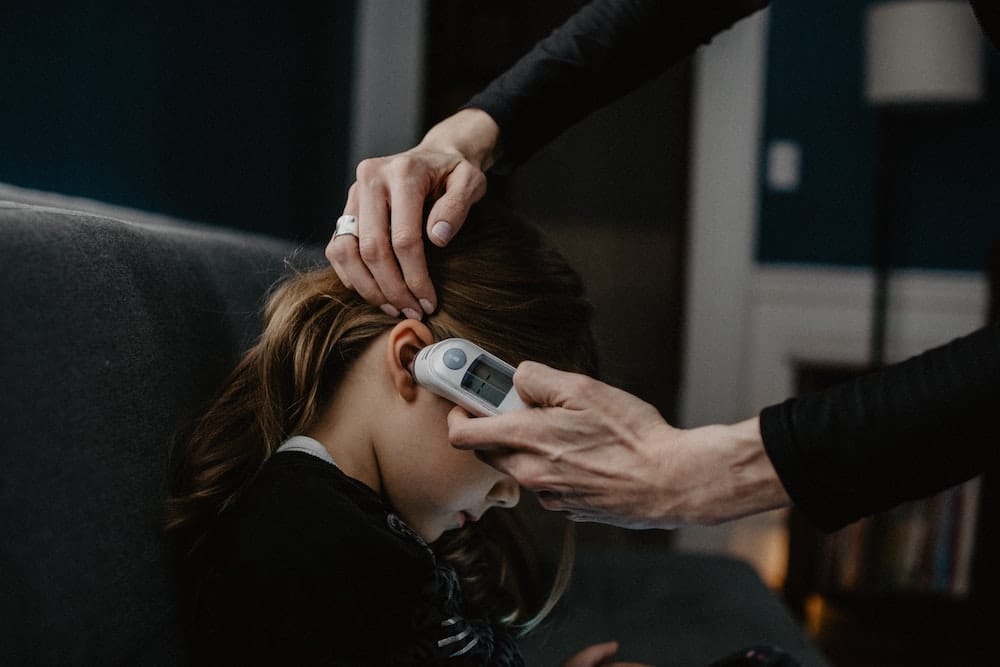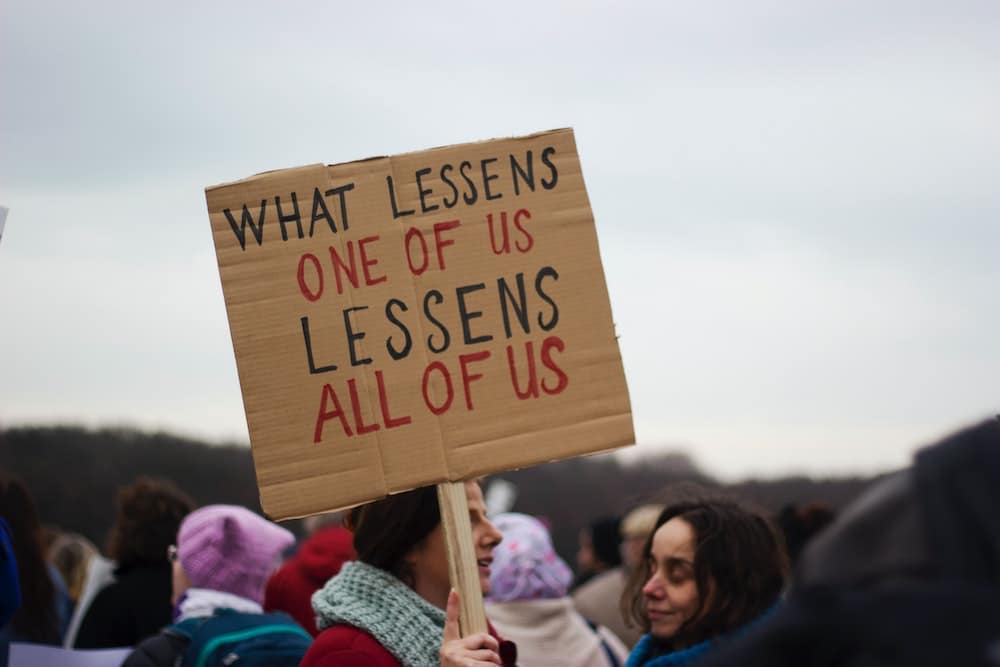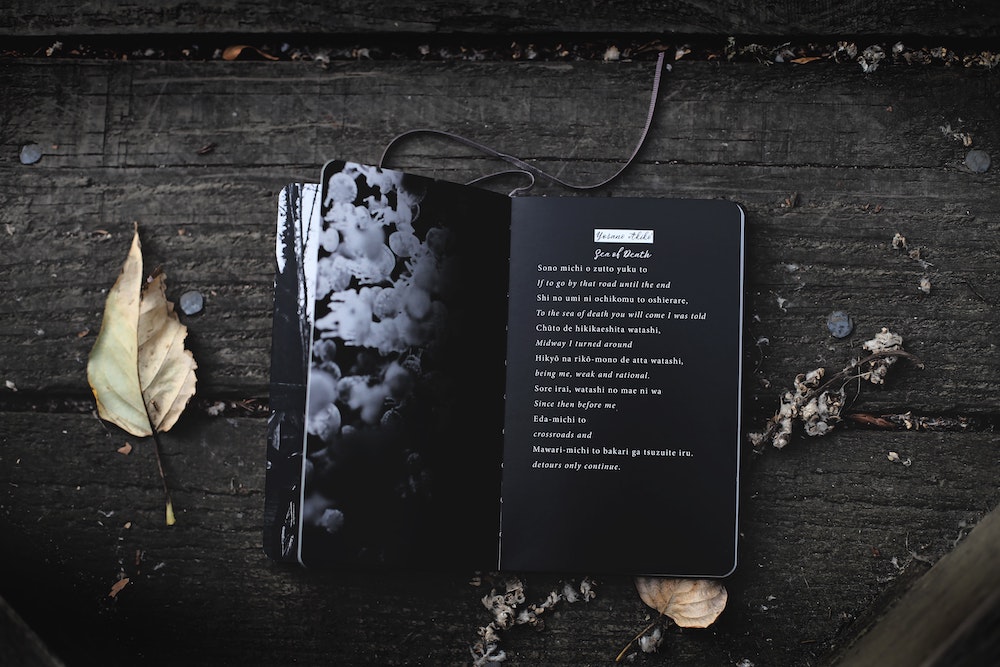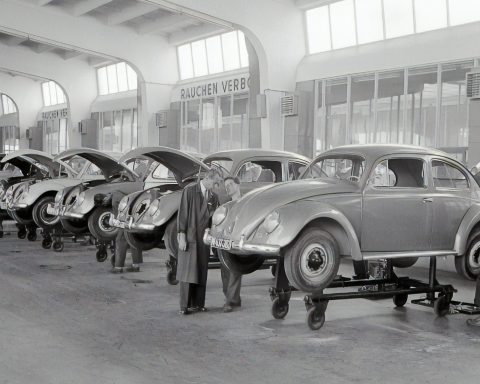
Children presenting at night were not unusual, whether that was in Accident and Emergency, primary care out of hours or even in the practice, a long way past bedtime. Bright and welcoming during the day, waiting rooms used to have toys, books and coloured pictures. Children’s attention was divided between the doctor looking in their ears and Winnie the Pooh books and pictures. It was a welcoming place and despite the seriousness of the occasion, it felt like it was saying ‘it’s okay, we understand you are worried, but we know children’.
However when the sun goes down children can feel like they are being smuggled in to see the doctor or nurse, swaddled in blankets or wearing shoes and coats over pyjamas. Interacting with children had always come easily to me and often I deployed knowledge that had nothing to do with medical school learning but utilised all my worst jokes to attempt to find the smile in each child.
“Er… I’m sorry mate, we can’t see you.”
As I introduced myself to the family I went through my routine of turning off the main light, turning on the wall mounted angle poise lamp and rotating it to the wall to create softer ambient lighting.
“Er… I’m sorry mate, we can’t see you.”
He sounded tired but he also sounded definite and emphatic.
“I’m the doctor on-call,” I replied.
Having already introduced myself this sounded, on reflection, rather stupid.
“It’s not who you are mate, it’s what you are.”
Dad was doing all the talking but louder than Dad was the child in his mother’s arms whose seal like bark was giving away the diagnosis. Mum was holding him on the bed with a soft toy rabbit. Mum kept her gaze down and away seemingly intent on her child. The child was at least sitting up and not floppy and was breathing normally, in between coughing. Mum and Dad looked tired and I know six hours into my shift, I looked tired. Even the rabbit looked tired.
“Look sorry, right, no offence but we need a white doctor.”
“Look sorry, right, no offence but we need a white doctor.” Dad looked at the wall as he spoke. It was almost as if something was compelling him. I really didn’t know what to say. I felt myself flushing, the prickle in the back of your head when you feel you have done something wrong. What now?
“I’m sorry. I’m the only one available. You’ve come here to see a doctor and I’m here to see people like your child. That’s all. Nothing else matters tonight but this little one.”
Focus on the child, focus on the job. I don’t know why it worked that night. There were plenty of occasions that it didn’t. But sometimes really hard, difficult topics that seem too overwhelming can be helped just one chance meeting at a time.
According to the NHS workforce Race Equality Standard 2019, Data analysis report for NHS trusts°, in 140 (61.4%) trusts, BME staff reported a higher level of harassment, bullying or abuse from patients, relatives or the public in the last 12 months compared to white staff. The percentage of BME staff experiencing harassment, bullying or abuse from patients, relatives or the public in the last 12 months is the highest it has been for four years at 29.8%.
Healthcare is high value and high cost. Dealing with people at their most vulnerable can expose us all to our base fears, preconceptions and prejudices causing unacceptable abuse and harassment. I don’t know if I helped more than a child that night. But sometimes, those problems that seem too big, too hard and make us want to throw up our hands in helplessness get just a little bit better, one conversation at a time.
Featured photo by Kelly Sikkema on Unsplash








